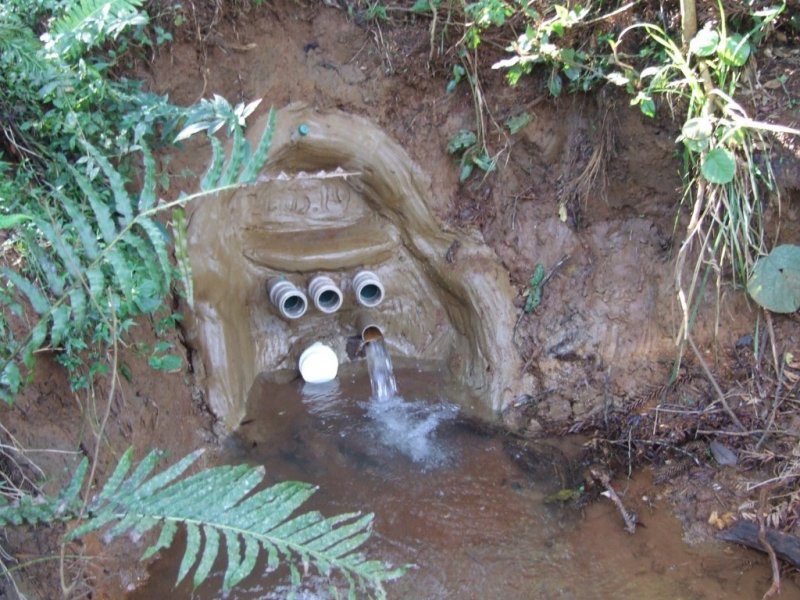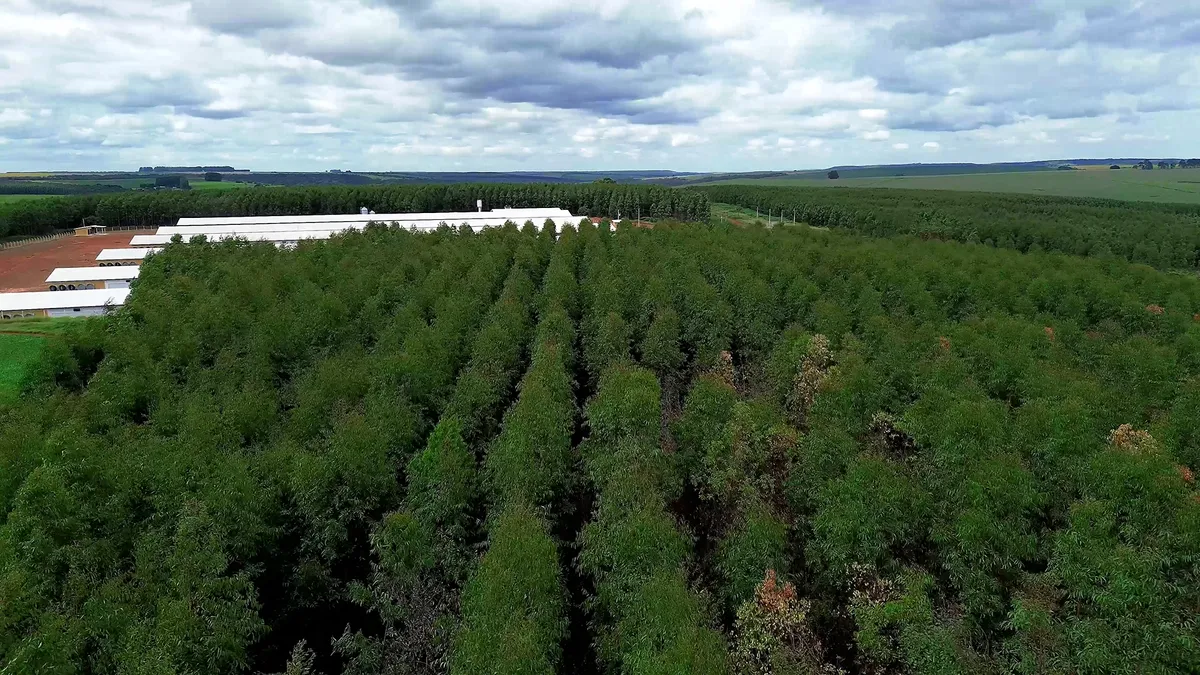Environment
Pamplona produces compost with organic waste

Pamplona Alimentos, a company specializing in the pork segment, in partnership with the Agricultural Research and Rural Extension Company of Santa Catarina (Epagri), designed a project to transform agro-industrial waste into fertilizers, through the composting system. Through the initiative, it is possible to treat approximately 200 tons of organic waste per month.
In this process, waste is absorbed from the slaughterhouses at the plants in Rio do Sul and Presidente Getúlio, as well as from the feed factory and own pig farms, all in Santa Catarina. The treatment applied transforms the collected materials into a high-quality organic compost, free from contamination and with high agronomic value. This result allows registration with the Ministry of Agriculture, Livestock and Supply (MAPA) as a Class A fertilizer, which expands its use in organic crops such as vegetables, fruits and grains.
With the initiative, Pamplona reinforces its commitment to environmental responsibility, and with the society in which it operates, it also generates the opportunity to provide a high-quality sustainable organic fertilizer that improves the physical, chemical and biological characteristics of the soil. Furthermore, it makes a regional fertilizer available, also strengthening organic production.
The Composting Unit is located in the city of Trombudo Central, state of Santa Catarina and is named after the family patriarch, Lauro Pamplona. “As this was also the dream of my father, who founded Pamplona Alimentos alongside my mother, we put his name on the project to pay this tribute. We are happy to see that today it has become a reality and that we are now able to reuse 100% of our organic industrial waste, without having to send it to special landfills. We believe that the company needs to produce and be sustainable at the same time, so that we can create a better future for everyone”, highlights Irani Pamplona Peters, CEO of Pamplona Alimentos SA.
Composting system
The system is carried out in a warehouse, which is subdivided into four cells, in which composting takes place. Waste is added to the composting cells maintaining an appropriate proportion between its different types. A machine turns the material following a weekly routine.
After 90 days, the compost is removed from the fields and stored in the storage compartments for another 60 days. After this period, the compost is ready, allowing it to be used as an agricultural fertilizer in the soil.
Since the beginning of the project, more than 8,000 tons of organic waste have been treated and recycled and more than 4,000 tons of compost have been produced.
The complete composting process can be seen on the Epagri YouTube channel: https://www.youtube.com/watch?v=DgnGhKaSw8o.
READ TOO

Environment
27/10/2023
COOPAVEL: Água Viva Project recovers water sources in Brazil and abroad
A sustainable attitude is not limited to productive activity. It goes beyond factory walls and property gates. It is within this purpose […]
Read more
Environment
10/11/2023
SSA inaugurates biggest project Brazilian hybrid energy
São Salvador Alimentos invests in the expansion of its factory in Nova Veneza (GO) with the adoption of the largest hybrid energy […]
Read more
Environment
25/08/2025
Friato Reinforces Commitment to Recycling and Offsets Over 36 Tons of Packaging Waste
Partnership with eureciclo strengthens the circular economy and generates positive impact in Brazil’s recycling chain In 2024, Friato reached the milestone of […]
Read more
